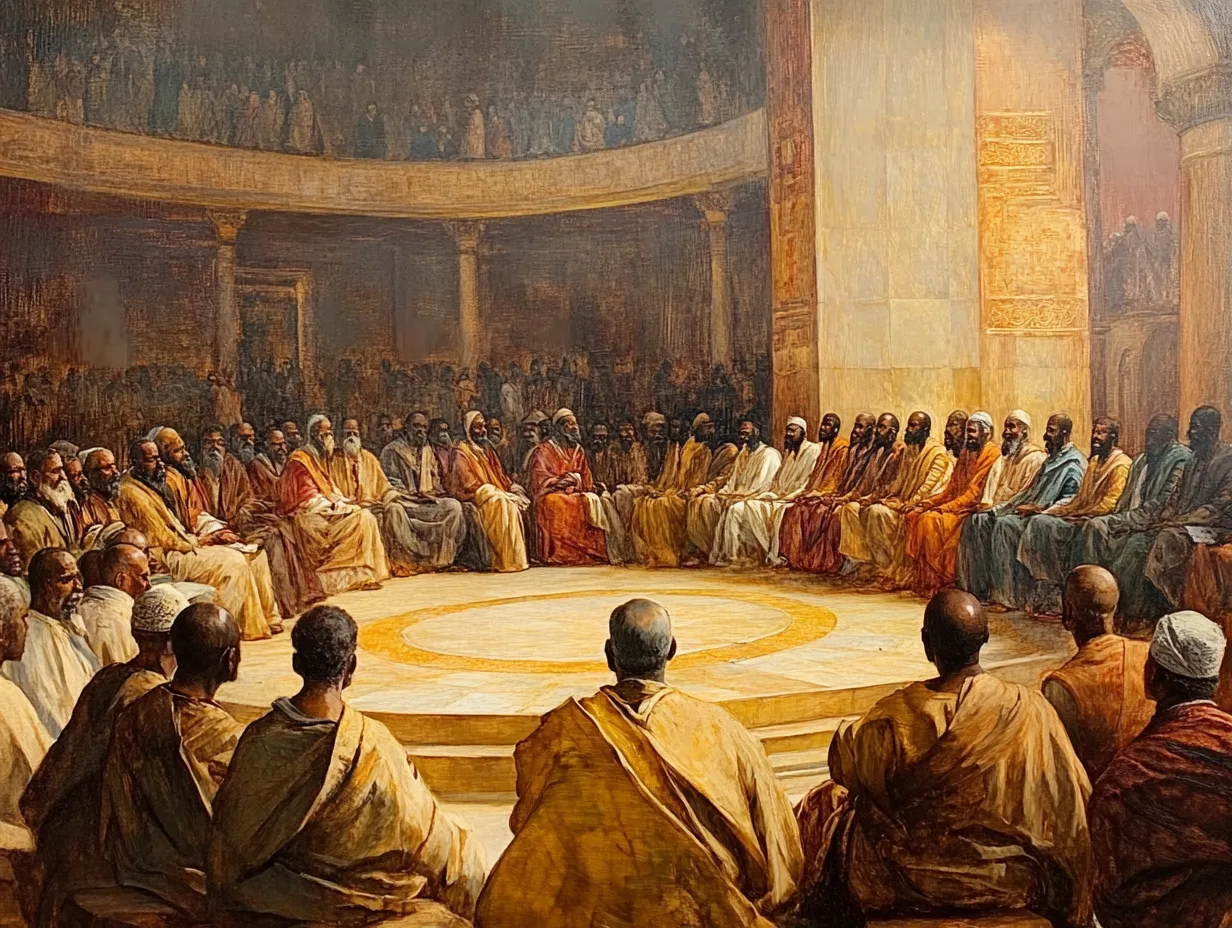Author: bibleandbeeswax
-
Interpreting Revelation: A Detailed Guide to Historicist, Futurist, Preterist, and Idealist Views
I just finished a lengthy guide that overviews the 4 major interpretations of the Revelation given to St. John. It is primarily a resource book that has direct quotations from various authors within the 4 major interpretive schools of thought, beginning in the patristic era, and ending in contemporary theology.
(more…) -

Sirach
As a Protestant, I didn’t grow up reading Sirach. I still do not believe it should be part of the ‘canon’ in the sense of biblically inspired, however I think we lack something for leaving it out of our inherited books. I appreciate those copies of Scripture that include (some of) the additional works that the early father’s viewed as “helpful” to the faith, including Sirach.
(more…) -

In a Very Roundabout Way This is about Israel
I’ve been working on a theological treatise for a while now, and one portion of it is devoted to “last things”. Included in my rough draft work is a section discussing how Christians view or ought to view the relation of ethnic Jews to the salvation of the world.
(more…) -

Friendship with Those Who Disagree with You
Part of living life, and living the Christian life, is figuring out how to be friends with people who differ from you, who believe you are in the wrong, and that you are living inconsistent with some kind of law (either a deities’ law or a man-made standard for ethics).
(more…) -

The Fathers on The End Times
I’m slowly compiling research, and hopefully putting a book together! One element that I’ve been researching is what the pre-Nicene fathers specifically state about the end times. I’ve found some really interesting trends, and, to my knowledge, have put together some things that no one else has compiled. If someone else has already done a comparison like this, then I’d love to see it because it’s a lot quicker to build on other people’s work!
Anyway, here’s the summary below of what I’ve found. If anyone wants the more thorough overview, and then also the really, really in-depth comparison, just comment and I’ll do a separate post.
(more…) -

The Fathers on the Fall of Angels
I’ve been reviewing the early Church Fathers to compile an overview of the different views on eschatology, but while reading I came across quotes on the fall of angels, as well as the editorial note.
(more…) -

Lo! How a rose e’er blooming?
I decided to take the original text of the well-known hymn, and translate it without trying to keep the rhyme scheme. Why? Just because!
Here it is below:
(more…) -

God is Incomprehensible
Defining Incomprehensibility
Incomprehensibility is that theological concept that, negatively, means what cannot be known of God, and, positively, means that only particulars can be known of God without fully circumscribing the entirety of Him.
(more…) -

Definitions in Philosophy and Theology
I started this post just reviewing patristic quotes of immutability, but as I’ve thought through the idea, I think that I need to review definitions of some basic words used in theology and philosophy, and really think through some implications. I’ve decided this post should be split into multiple posts. I should probably also re-write a lot of this and try to publish it somewhere, and actually make some income off of my thoughts [which, if you do think this deserves some level of monetary support, please do donate!!]. Regardless–
(more…)
